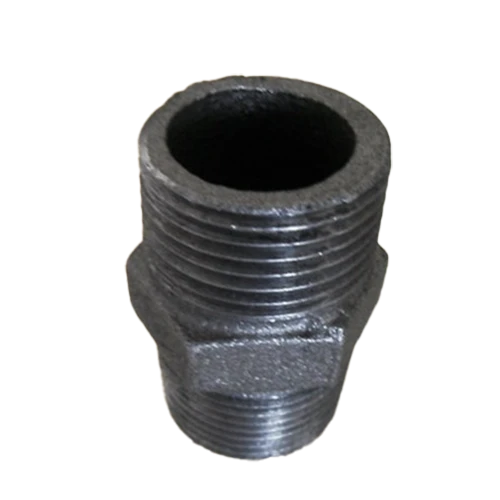Mobile:+86-311-808-126-83
Email:info@ydcastings.com
stainless steel foundry
The Advancements and Applications of Stainless Steel Foundry
Stainless steel has revolutionized various industries due to its outstanding properties, such as corrosion resistance, durability, and aesthetic appeal. The production of stainless steel through foundries is a critical process that plays an essential role in the manufacturing landscape. Stainless steel foundries are specialized facilities that focus on melting, casting, and processing stainless steel alloys to create components that serve a diverse range of applications.
One of the defining characteristics of stainless steel is its high resistance to rust and corrosion, which is largely attributed to the inclusion of chromium. This element forms a passive layer of chromium oxide on the surface of the steel, protecting it from environmental factors that typically lead to corrosion. Given this property, stainless steel is widely used in industries that require materials to withstand harsh conditions, including food processing, pharmaceutical manufacturing, and chemical processing. The foundry process allows for the creation of intricate and precise components that meet the stringent requirements of these sectors.
The Advancements and Applications of Stainless Steel Foundry
One of the significant advantages of stainless steel foundries is their ability to produce complex geometries that would be challenging to achieve with traditional machining techniques. This capability is particularly beneficial in industries such as aerospace and automotive, where precision components are critical to performance and safety. Moreover, the ability to customize and create tailored solutions is a significant driver for many businesses, propelling advancements in technology and enhancing competitiveness.
stainless steel foundry

Another critical aspect of stainless steel foundries is the ongoing research and development to improve the properties of alloy compositions. Innovations in metallurgy have led to the development of specialized stainless steel grades, such as duplex stainless steel, which offers greater strength and corrosion resistance compared to conventional austenitic stainless steel. These advancements enable the manufacturing of components that can withstand extreme temperatures and pressures, making them suitable for energy applications like oil and gas extraction.
Sustainability is another area where stainless steel foundries are making strides. As industries become more environmentally conscious, the push for recyclable materials has gained momentum. Stainless steel boasts a remarkable recycling rate, with an estimated 70% of all stainless steel ever produced still in use today. Foundries are capitalizing on this by adopting practices that minimize waste and promote recycling, which not only enhances sustainability but also reduces production costs.
The application of stainless steel casting extends beyond industrial settings; it also infiltrates everyday life. From kitchen utensils and appliances to architectural features and art installations, stainless steel’s versatility is apparent. Its aesthetic qualities make it a popular choice for designers and architects, allowing for a perfect blend of form and function.
In conclusion, stainless steel foundries are pivotal in the production of high-quality stainless steel components that meet the demands of various industries. Through advanced casting techniques and a commitment to innovation, these foundries are not only enhancing the performance and longevity of materials but also contributing to a more sustainable future. As technology continues to evolve, the role of stainless steel foundries will only become more important, paving the way for new applications and advancements across multiple sectors.
-
Understanding Metal Casting TechniquesNewsApr.02,2025
-
Understanding Exhaust Manifolds for Enhanced Engine PerformanceNewsApr.02,2025
-
The World of Metal FabricationNewsApr.02,2025
-
Key Components for Pump and Turbo EfficiencyNewsApr.02,2025
-
Essential Tools for Automotive Maintenance and RepairNewsApr.02,2025
-
Durable Valve Components for Effective Water ManagementNewsApr.02,2025











